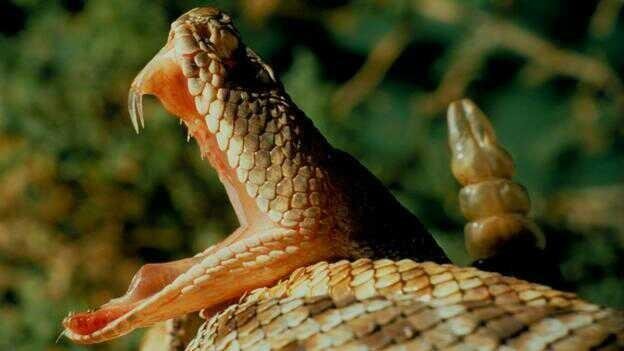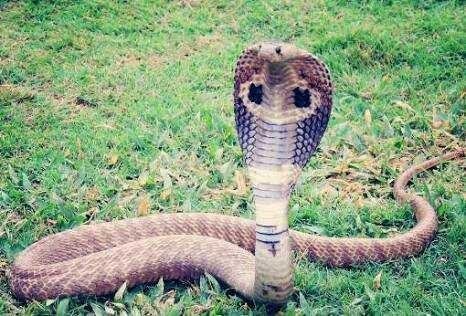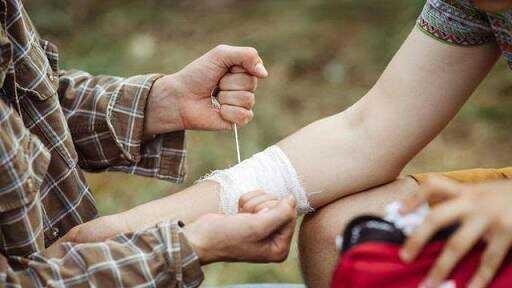Things to do when exposed to snake bites
If a person is struck by a snake bite you should not panic, be calm and recognize whether it is a poisonous snake bite or not.
Boko Haram left Sambisa because of the onslaught of snakes and the persistent bees. (Thinkstock)
Do not make a snake surprised or shocked, because it can provide a response that endangers humans.
Not infrequently snakes are hungry or shocked by human activities will try to attack and bite him. If a person is struck by a snake bite you should not panic, be calm and recognize whether it is a poisonous snake bite or not.
The poisonous snake usually has a two-point bite scar, while the non-venomous snake usually leaves a U-shaped bite mark and the number of injuries tends to be high.
The color of the venomous snake skin is usually bright and shiny, the poisonous snake bites accompanied by pain and color changes occur at the location of the bite in a short time after being bitten.
Here are some first aid tips if bitten by a snake:
- Keep Calm
Everyone met the snake just panicked, stressed and scared to death, especially if it bites. Panic and anxiety is a natural thing, especially we often see on television that most likely bitten by a snake will die. However, keep calm so that handling can be done correctly.
- Away from Locations
When you've just been bitten by a snake, besides staying calm, you need to stay away from the location where you were bitten by the snake. The important thing is you are in a safe place first because there is always the possibility for the next bite. Before that happens, it's better to move and stay away.
Maybe you are the brave type, but it is not recommended to take revenge on the snake that has bitten you. The main thing after being bitten is to think of your own safety first. Keep away from the snake and the location of the crime scene so the snake can not reach you back.
- Not Much Moves
In order to be handled properly, snake bite victims are always expected to calm down and not panic, and this also includes not moving much. Restricting movement is important when it has just been bitten by a snake. The purpose of restriction of motion is that the poison will not spread further in the body.
As the poison spreads, your body becomes more and more in danger. The spread of toxins can increase the risk of death if handling is too late. Unrestricted physical activity can make toxins radiate into the blood vessels quickly enough, then calm down, move away from the scene and avoid much body movement
- Removing All Jewelry and Accessories
When bitten by a snake, remember to remove any jewelry and accessories that may be attached to the body, such as necklaces, bracelets, or rings. This is also very important because there is the possibility of swelling after being bitten by a snake, so before the body swells, remove all accessories and jewelry that is being worn. When already swollen, the jewelry will become more uslit to be released.
- Positioning the Body Properly
In addition to restricting movement, there is also a body position that is considered more appropriate and safe. When a snake bite is in the area of the hand, you need to make sure the hand is not held up high let alone the equivalent of the heart. So in essence, the bite area needs to be sure to be below the heart level.
- Binding the Snake Bitten Up Area
Many people know about how to bind, but do not really understand how to do it. As long as there is a ribbon, a long cloth or rope that is enough to tie, it will be very helpful. Use one of these objects to bind the upper area of the limb that is bitten by a snake.
Binding needs to be done tightly and loosen every 15 minutes with 1 minute length of bond bending time. It's just that the first aid step is quite risky if done wrongly. Binding parts of the body affected by a snake bite is actually not easy


